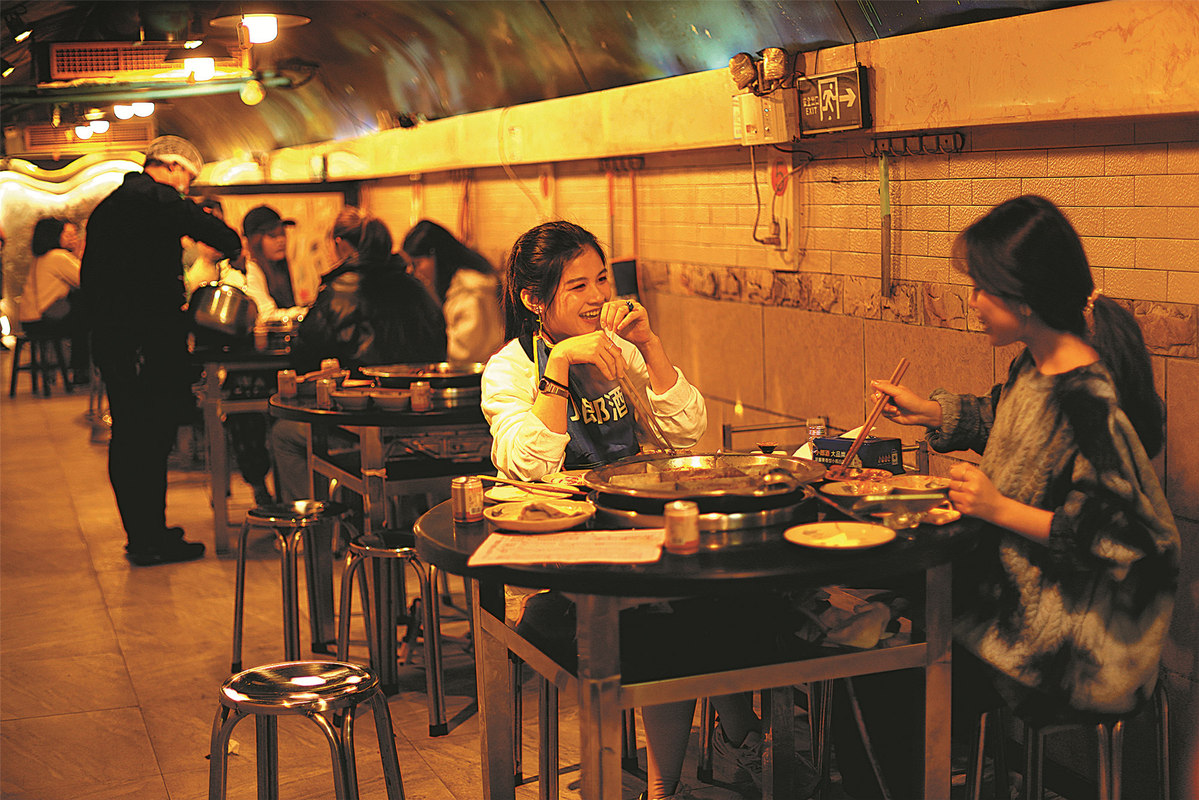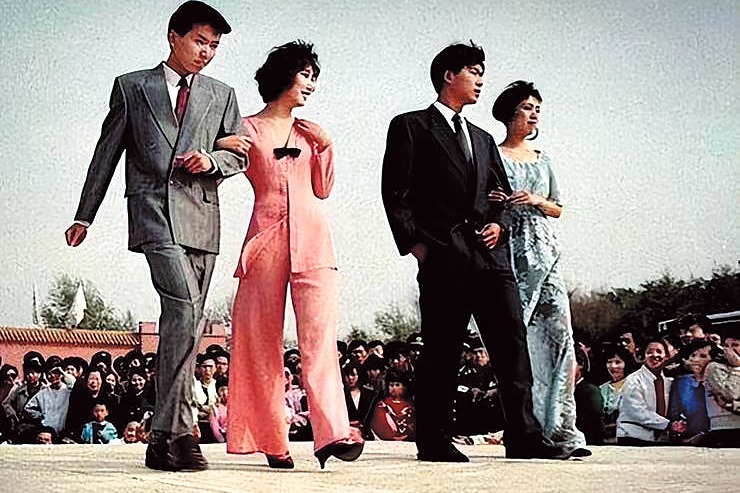The tradition of saving face is evolving


Editor's Note: Four decades of reform and opening-up have not only turned China into the world's second-largest economy but also changed Chinese people's lifestyle. A veteran journalist with China Daily tries to analyze the change in people's attitude toward mianzi over the years.
The Chinese people attach great importance to mianzi. There is no corresponding English term for mianzi, but its meaning is somewhere between paying attention to image and honor. In the Chinese language, many derivative words and expressions with mianzi as the root have come into being, and all of them reflect important aspects of Chinese culture.
Hao mianzi (to be concerned about image and honor) is widely regarded as a characteristic Chinese cultural feature. When Confucius accepted new students 2,500 years ago, he asked them to give a few kilograms of dried meat as tuition. But the sage was so concerned about mianzi that he called the dried meat presents, not tuition or fees.
Hao mianzi reflects the concept of image and honor. In China, there is a protocol to everything which should be followed to avoid embarrassment. And hao mianzi is all about avoiding embarrassment.
A few months ago, my wife got a phone call from one of her high school classmates living in a neighboring city, inviting her to her son's wedding. My wife made several phone calls to find out how much the present for the bridegroom should be worth.
In China, when one is invited to attend a wedding, a birthday party or any other special occasion, one is supposed to bring with him or her some present. The values of such presents have been changing with time-four decades ago, it could be an enamel bowl, a thermos flask or a bed sheet but now the best option is cash. The amount should not be too small, or else you could be considered a miser, or too big to become a burden on the receiving party, for he/she has to gift a present of a similar amount in return when the occasion arises.
Such gifts or presents, in Chinese, are called suili, and generally range from a few hundred yuan to more than 1,000 yuan ($156.96), depending on the family's income.
After my wife found out that the widely accepted sum of suili in the city where her former classmate lived was 600 yuan, she put six 100 yuan bills in an envelope and set off for the neighboring city. Gifting less than 600 yuan would have made my wife diu mianzi (lose face) while by gifting a lot more than that, she could have embarrassed the other guests.
Happy to see my wife, her friend said the fact that she come all the way from Beijing to attend the wedding was so zheng mianzi (face gaining). But her thankful words also implied that if my wife had not attended the wedding, she could have been blamed for bugei mianzi (not giving face).
The Chinese people are very serious about mianzi. There have been reports about immigrant workers spending an entire year's savings on suili when returning home for Spring Festival during which many weddings are usually held.
Some corrupt officials used people's concern for mianzi to make money by hosting weddings for their children and birthday parties for themselves, their parents and even their children. On such occasions, the suili envelopes from friends and subordinates were usually thick and the officials pocketed as much as 1 million yuan from just one such ceremony. These officials had turned the traditional practice into a means to make money.
Such malpractices caught the attention of the central authorities, leading to measures to regulate officials above a certain rank and requiring them to report the details of such ceremonies to higher officials, including the number of guests and whether suili would be accepted.
But today's youth do not care much about mianzi. Going Dutch is becoming popular, especially among white collar workers when dining out or traveling together. Also, the youth can always find a good reason to skip ceremonies that require them to gift suili.
For them, mianzi does not depend on how others look at you but on your own level of satisfaction-be it from career achievements or high-quality living.
The author is former deputy editor-in-chief of China Daily.
kangbing@chinadaily.com.cn
































